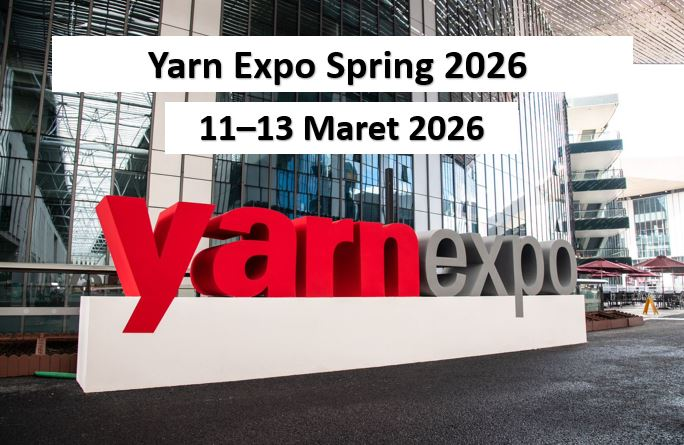The Export Promotion Bureau (EPB) reports a decline in Bangladesh's Ready-Made Garment (RMG) exports to traditional markets, including the United States, the European Union (EU), and Germany during the first five months of FY’23. However, the country is finding support in the growth of exports to non-traditional markets, such as Australia and Japan.
According to data compiled by the Bangladesh Garment Manufacturers and Exporters Association (BGMEA), Bangladesh's apparel exports to traditional markets from July to November’24 experienced a marginal increase of 2.75%, reaching $18.83 billion, compared to $18.33 billion in the same period of FY23.
In a notable trend, Bangladesh's RMG exports to the United States decreased by 5.76% to $3.27 billion during this period, compared to $3.47 billion in FY23. Similarly, exports to Germany saw a significant decline of 15.10%, falling to $2.30 billion from $2.71 billion in the July-November period of FY23.
While the UK experienced a moderate year-on-year growth of 14.61%, reaching $2.25 billion in the July-October period of FY24, the overall EU market witnessed a slight decline of 0.18% to $9.05 billion during July-November, down from $9.07 billion in the same period of the previous fiscal year.
Recognizing the challenges in traditional markets, Bangladesh is strategically expanding its focus to non-traditional markets. RMG exports to countries like Japan, Australia, Russia, India, China, South Korea, UAE, Malaysia, Brazil, Mexico, and others have become increasingly important for the industry.
In the July-November period of FY24, Bangladesh's apparel exports to non-traditional markets experienced robust growth, surging by 14.12% year-on-year to $3.64 billion, up from $3.19 billion in the previous fiscal year.
Mohiuddin Rubel, Director of BGMEA, emphasized that exports to non-traditional markets, especially Australia and Japan, are on the rise and play a crucial role in supporting the industry amid the current global situation. Manufacturers are strategically diversifying their product offerings to cater to the preferences of these emerging markets, contributing to consistent growth despite the challenges faced in traditional export destinations.
As Bangladesh navigates shifts in global trade dynamics, the focus on non-traditional markets emerges as a strategic response, enabling the RMG sector to adapt and thrive in the evolving landscape of international trade. Industry stakeholders continue to monitor these trends closely, anticipating further developments in Bangladesh's export landscape.





